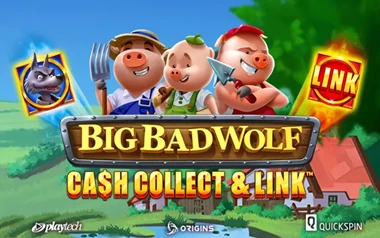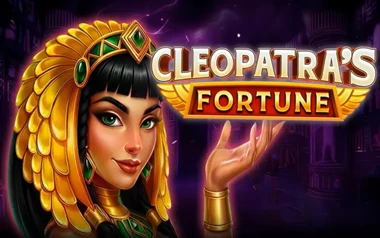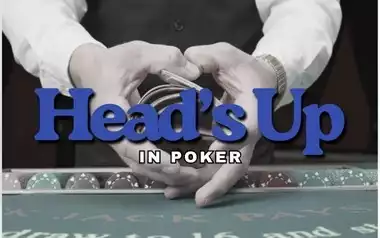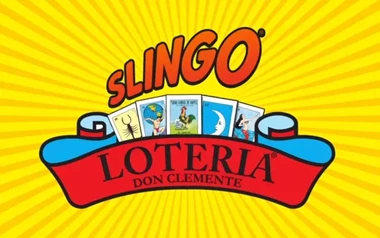Mastering gambling strategy requires more than luck; it demands a deep understanding of the mathematics behind the games. By exploring key resources on gambling mathematics, you can sharpen your analytical skills, make informed decisions, and maximize your chances of success. Below, we’ll delve into some of the best books on gambling maths, detailing their content, unique value, and practical applications.
Why Gambling Maths Matters
The allure of gambling lies in its blend of skill, chance, and risk. However, every game you play—from poker to roulette—operates on mathematical principles. A grasp of these principles helps players understand probabilities, odds, and strategies. For instance, knowing the house edge in blackjack empowers you to adjust your play style to minimize losses.
In the competitive world of gambling, mathematical knowledge separates casual players from true strategists. Understanding the maths not only improves decision-making but also fosters discipline, reducing the influence of emotional or impulsive betting.
Top Books on Gambling Mathematics
The following are the most well-known books discussing the topic of mathematics as a tool in gambling.
The Theory of Gambling and Statistical Logic, by Richard A. Epstein
This book is a cornerstone for anyone serious about understanding gambling maths. Epstein delves deep into the statistical foundations of various games, from card-based games like poker to dice games like craps.
Through detailed examples, Epstein explains concepts like expected value, standard deviation, and probability distributions in simple terms. For instance, he illustrates how the expected value in roulette favours the house, no matter how you bet.
The book is ideal for readers with a solid grasp of basic maths, but is accessible enough for motivated beginners. It’s a must-read for those who want to build strategies grounded in logic rather than intuition.
Gambling 102: The Best Strategies for All Casino Games, by Michael Shackleford
Known as “The Wizard of Odds,” Shackleford combines his expertise as an actuary and a gambling enthusiast to provide practical advice for players. This book stands out for its straightforward, game-by-game breakdown of optimal strategies.
Shackleford’s chapter on blackjack, for instance, outlines when to hit, stand, or double down based on statistical analysis. For slot enthusiasts, he clarifies how payout percentages influence long-term outcomes. This clarity makes it a great resource for players who frequent online gambling sites or land-based casinos.
Fortune’s Formula: The Untold Story of the Scientific Betting System That Beat the Casinos and Wall Street, by William Poundstone
Part history, part strategy guide, Fortune’s Formula explores the legendary Kelly Criterion, a mathematical formula designed to optimize bet sizing.
The book details how gamblers and investors alike have used this formula to manage risk and maximize returns. With relatable stories—like how gamblers used the Kelly Criterion to win big on horse races—Poundstone demonstrates the power of strategic thinking.
This book is perfect for those interested in the intersection of gambling, finance, and mathematics.
Applying Gambling Maths in Real Life
From the books we just discussed, we can pick up some common strategies that any gambling enthusiast would do well to be familiar with.
Understanding Probabilities
Imagine playing Texas Hold’em poker. Your two hole cards are a pair of hearts, and the flop reveals two more. You’re now one card away from a flush, but should you bet aggressively? Knowing the odds of completing your flush (about 35% with two cards to come) helps you decide whether to continue or fold.
Calculating the House Edge
Every game has a built-in house edge, which determines the casino’s profit margin. In roulette, the house edge for American wheels is 5.26%, while in European wheels, it’s 2.7%. Players armed with this knowledge might prioritize European roulette tables, where their chances of winning are slightly higher.
Risk Management
Books like Fortune’s Formula emphasize bet sizing, showing how to allocate your bankroll to balance risk and reward. For instance, if you’re playing blackjack with a $500 bankroll, setting a maximum bet of $25 helps ensure you can weather a streak of losses.
How These Books Enhance Your Strategy
The books highlighted above not only deepen your understanding of gambling maths but also teach critical skills like risk assessment and strategic planning. Whether you’re calculating odds in poker or evaluating the payout structure of a slot machine, these resources offer actionable insights.
By mastering the mathematical side of gambling, you can approach games with confidence, knowing that your strategies are backed by data rather than superstition.

Mathematics Book
Final Thoughts
Gambling is a blend of art and science, and the best players know how to leverage both. By reading the books mentioned here, you’ll gain valuable knowledge to refine your strategy, manage your bankroll, and make smarter decisions.
For more tips, tools, and strategies, visit Gambling Zone—your ultimate resource for all things gambling. Whether you’re a beginner or a seasoned pro, Gambling Zone has the insights you need to elevate your game.








